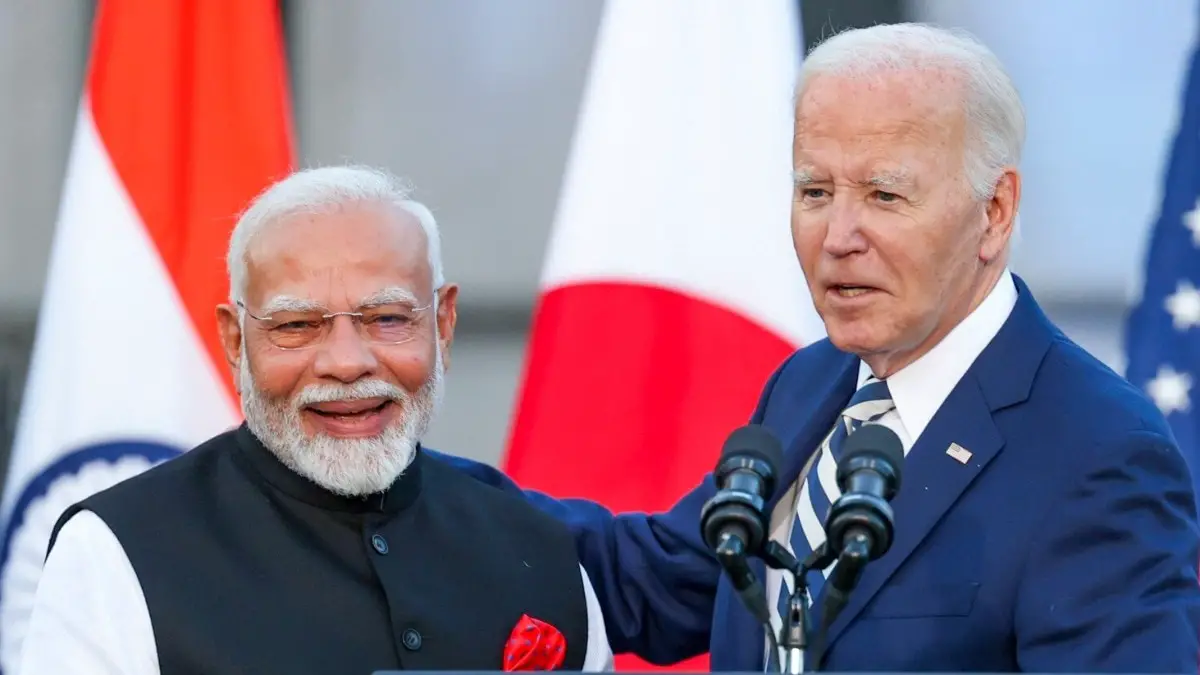Strengthening the growing strategic partnership between India and the US, the US Commerce Department’s Bureau of Industry and Security (BIS) has removed three Indian entities from its entity list. These institutions include Indian Rare Earth, Indira Gandhi Center for Atomic Research (IGCAR) and Bhabha Atomic Research Center (BARC). These steps are considered important to promote scientific cooperation and advance the goals of clean energy.
What is the meaning of entity list?
The Entity List is used to control trade with organizations deemed at risk to US national security or foreign policy. The Entity List is issued by the US Department of Commerce. This includes those foreign individuals, organizations and institutions on which US export, re-export and technology transfer regulations are imposed. This list is made to protect American national security and foreign policy interests. The decision to delist these Indian entities reflects the growing trust and shared priorities between the two countries, especially in the areas of critical minerals, clean energy and advanced nuclear research.
New doors of cooperation in advanced energy technology
This decision will encourage cooperation in advanced energy technology, which will give India access to research and development of nuclear energy. Amid efforts to reduce carbon emissions globally, this partnership will help India’s clean energy supply chain, including critical minerals technologies for solar panels, wind turbines and electric vehicles.
Strengthening scientific and technical cooperation
The inclusion of these institutions in the Entity List was creating obstacles in scientific exchange and delaying joint projects. Now their removal from the list has opened the way for joint research and development (R&D) innovation. This will benefit India from American technical expertise and innovation, which will accelerate the clean energy transition and strengthen India’s energy security.
Growing strength of India-US partnership
The partnership between India and the US has grown steadily in recent years, with both countries agreeing on key issues such as climate change, defense and technology. The decision to remove these institutions from the Entity List reflects a deep commitment towards common goals. This decision strengthens India’s role as a trusted partner in promoting global security and development, especially at a time when geopolitical tensions require stronger cooperation.
promoting economic opportunities
Lifting of restrictions on trade with these entities will boost economic opportunities for India. This step will enhance India’s ability to access critical mineral resources and take advantage of American extraction and processing technology. Additionally, joint projects in nuclear energy and critical minerals supply chains can position India as a leader in the global clean energy eco-system.
India’s innovation and manufacturing sector will get a boost
This decision matches with India’s aspirations of becoming a global innovation and manufacturing centre. By encouraging closer ties between Indian and US research institutions, it will help create a more flexible and technologically advanced industrial base in India.
New era for US-India relations
According to Matthew Borman, Principal Deputy Assistant Secretary of the Export Administration of the US Commerce Department, removing these institutions from the list is a decision taken under the US-India partnership. As part of their strategies for energy security and technology innovation, both countries are showing how bilateral cooperation can solve global challenges.
